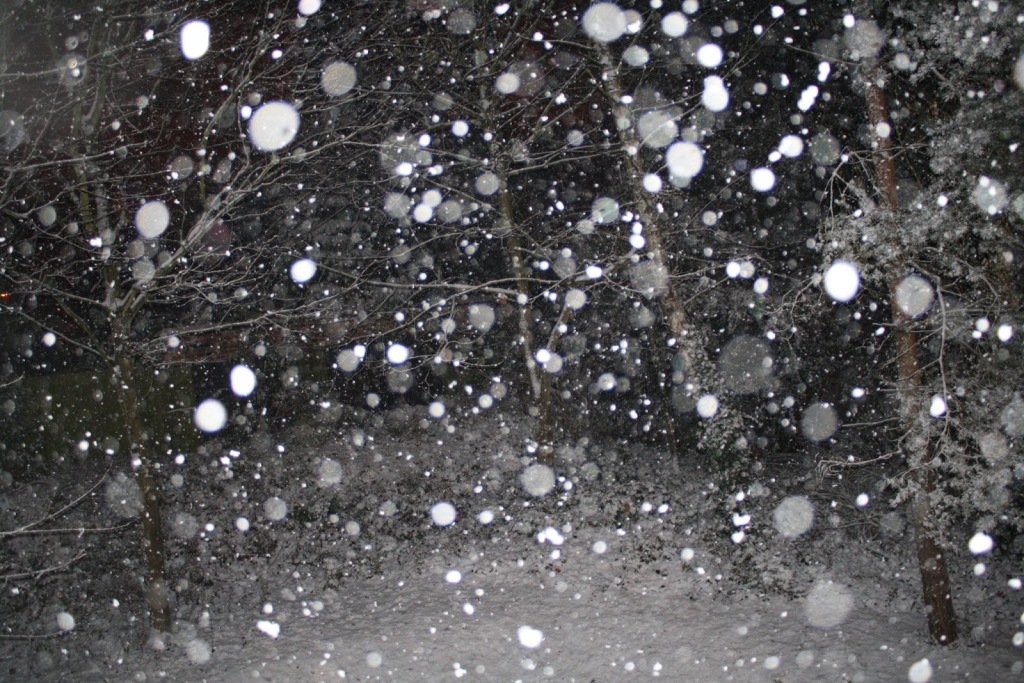If someone were to offer his services doing electional astrology on IPOs to help venture capitalists invest on safe horses? And how much more evil would it be to offer extra magical services to dope up those safe horses?
I’m not personally considering doing these things, I’m not that good with electional astrology besides all my moral qualms about such a thing. But I wonder about how others see this. And while the extra magical services could range from the benign i.e. a blessing on a company to do well, to the malevolent i.e. nasty-rumor boosting against any adversaries in the same industry, the astrological part isn’t that different than doing horary astrology for wedding dates from a practical standpoint.
I’d like to start a discussion on the moral implications of aiding particular individuals become more successful doing what they do, assuming that what they do isn’t the most beneficial thing for the rest of society.
We occultists have accepted the black and white dichotomy more or less, even though it’s pretty shallow and objectionable in many cases. But is there such a thing as black and white astrology? Thoughts?
[Featured image is Viktor Vasnetsov’s Alyonushka, source.]








